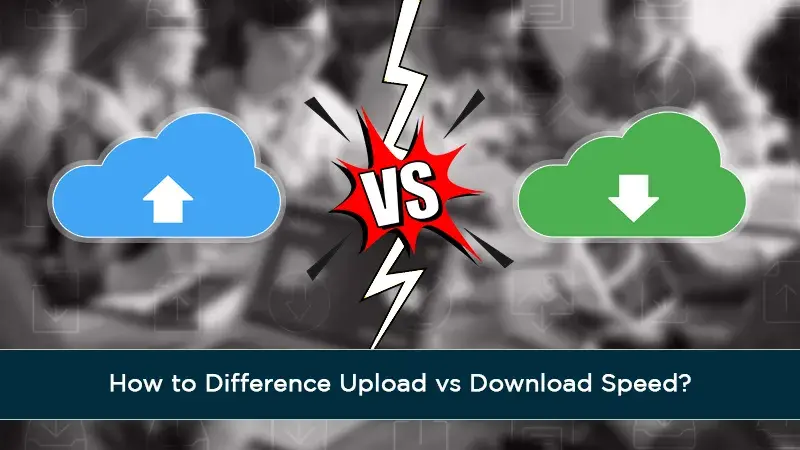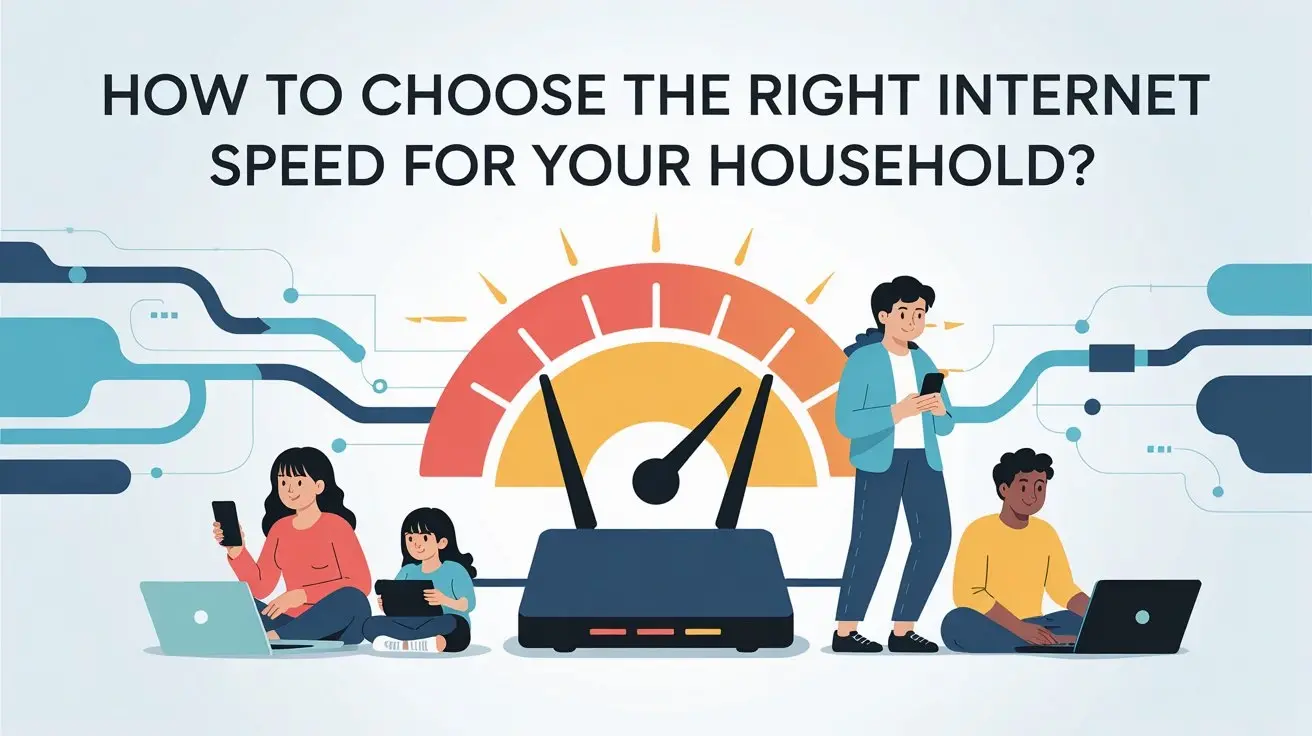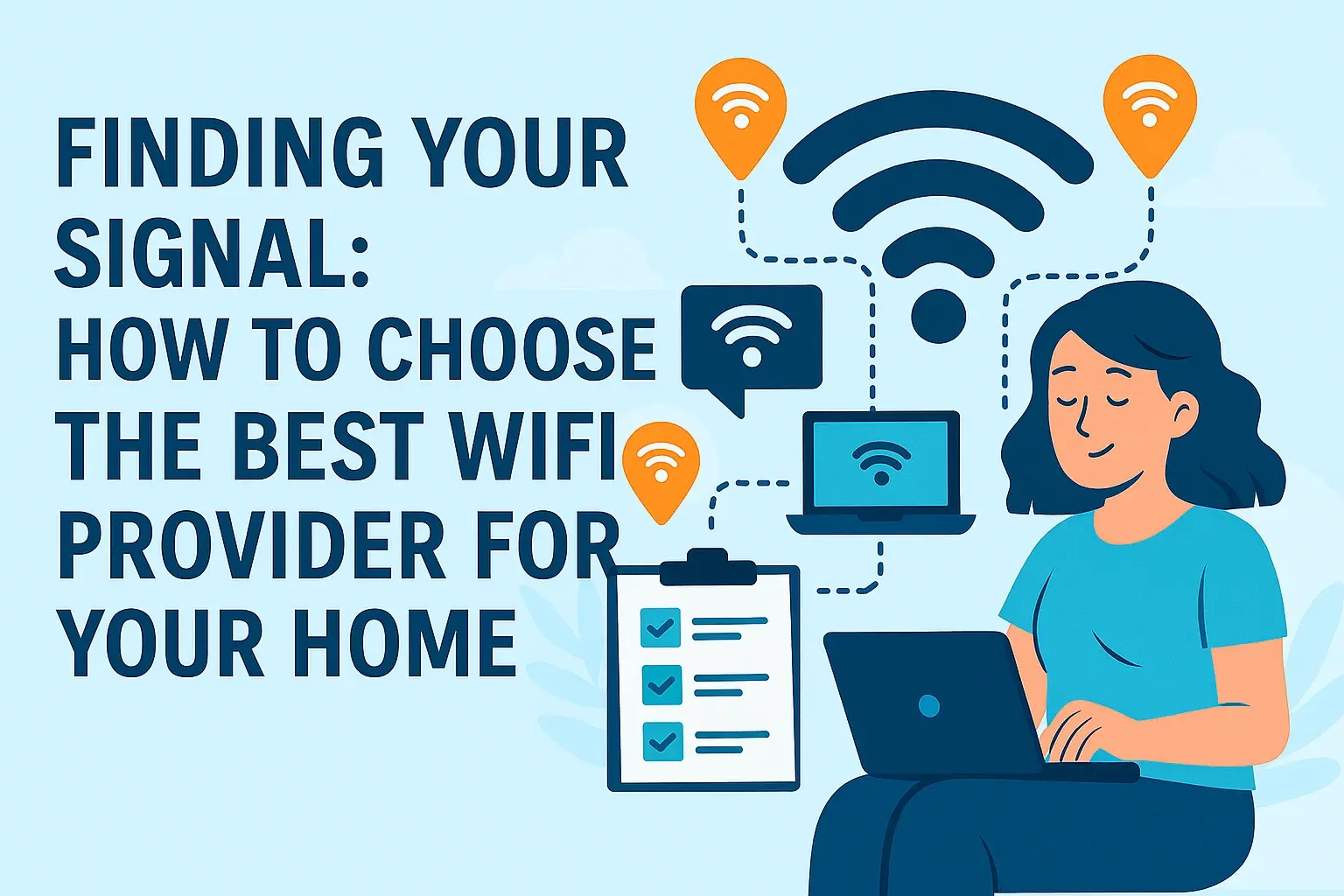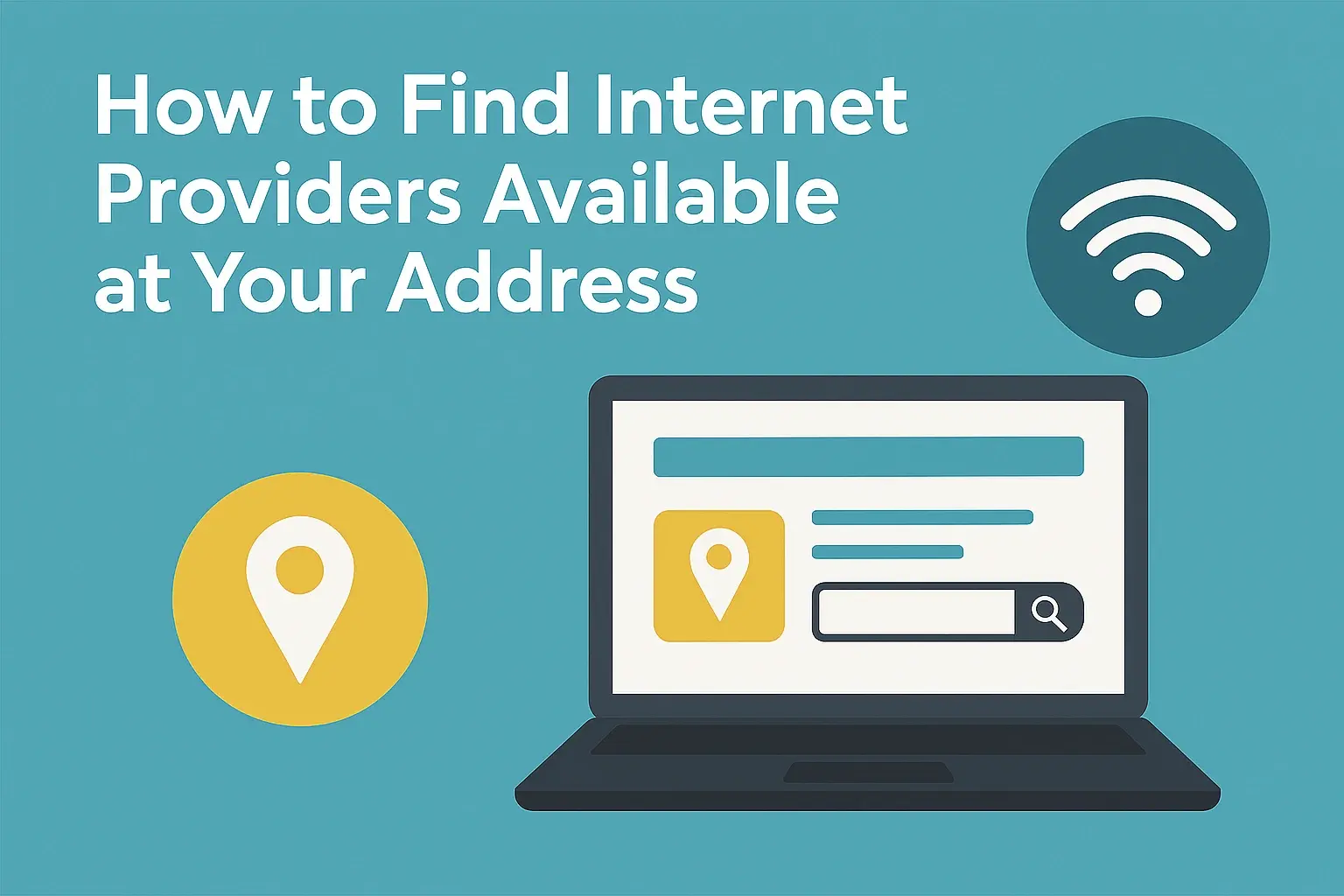
Upload speed is the speed at which data is written to a storage medium. It also refers to the rate at which web pages or files are uploaded to a server. Download speed refers to the rate of data that can be accessed or downloaded from a particular device, such as a computer.
There are many factors that affect how fast your upload and download speeds will be. These factors include your internet service providers, how much data you're using, where you live, and more.
What is the difference between upload and download speed
Upload speed is the speed of transferring data to a computer, while download speed is the speed with which data can be transferred from one computer to another.
Download Speed - This is the process of transferring data from your computer to another device such as your smartphone or laptop.
Upload Speed -This is the process of sending information or files over a network connection.
What is a good download speed?
Download Speed is how fast data can be transferred to and from the server. These speeds are often measured in kilobytes per second (Kbps).
The download speed you are looking for depends on the type of internet connection you have and what you want to do with it. Here are some guidelines:
- If you just want to surf on your laptop, computer, or tablet, then a download speed of 5Mbps should be sufficient.
- For a home broadband connection, it is recommended that the download speed should be 25Mbps. Or alternatively, get an internet cable instead of wifi because wifi has a lower bandwidth than a DSL cable.
- For streaming purposes, 50Mbps is more than enough as high bitrates make streaming looks much better while consuming less bandwidth.
What is a good upload speed?
Uploading speed is measured in megabits per second (Mbps). The higher the speed, the faster your file can be downloaded by your recipient.
In general, higher speeds are better because they can reduce loading time and save on data transfer. However, while uploading higher speeds make sense for certain content, it may not be the best idea for other types of files.
Some considerations to keep in mind when you are searching for a good upload speed for your files:
Download and upload speed offers from top Internet Services Provider
A recent study revealed that, of the top 10 Internet service providers, only five offer download speeds over 100mbps.
Some of these providers are Spectrum, Cox, Xfinity, CenturyLink., and Windstream Download speed offers from top Internet Services Providers.
Top 5 Internet Services Providers
Check the top internet provider's upload and download speed
| Provider | Monthly range* | price Download rang | Speed Upload range | Speed Rating |
|
Spectrum |
$49.99 – $89.99 |
300 – 1,000 Mbps** |
10 – 35 Mbps |
3.57 out of 5 |
|
Cox |
$49.99 – $99.99 |
100 – 1,000 Mbps |
5 – 35 Mbps |
3.45 out of 5 |
|
Xfinity |
$30.00 – $299.95 |
50 – 6,000 Mbps |
10- 6000 Mbps |
3.54 out of 5 |
|
CenturyLink |
$49.00 – $70.00 |
100 – 940 Mbps |
1 – 940 Mbps |
3.24 out of 5 |
|
Windstream |
$55.00 – $85.00 |
50 – 500 Mbps |
5 – 35 Mbps |
3.24 out of 5 |
Why internet upload speeds are slow and download speeds are fast?
Downloading and uploading content on the internet are types of data transfers that occur when you share or get content from the internet. Connection speed is a key factor in these transfers.
The speed of transmitting data is measured in bits per second (bps). According to the Open Technology Institute, download speeds are eight times faster than upload speeds, with an average of 740 Mbps for downloads and just 27 Mbps for uploads.
Internet upload speeds are slow because it's not easy to transmit large amounts of data through it. However, downloading and uploading speeds are fast because there's no limitation on how much data can be transferred at once.
Activities that rely on download speed
The following activities rely on download speeds:
- Downloading music
- Downloading movies
- Downloading television shows
- Gaming
- Streaming video content
- VOIP services
Activities that rely on upload speed
- Online Gaming
- Streaming movies and TV shows
- Uploading large files
- VoIP calls
- Online shopping
- Using social media
Home internet is often not as fast and reliable when you are home compared to places like libraries or coffee shops. This could be due in part because there are lots of other people using the same bandwidth on their devices, which degrades speed for everyone else around us!
Call on (855) 210-8090 to know more about internet services!
Resources:
Top Features and Benefits CenturyLink Internet Plans






